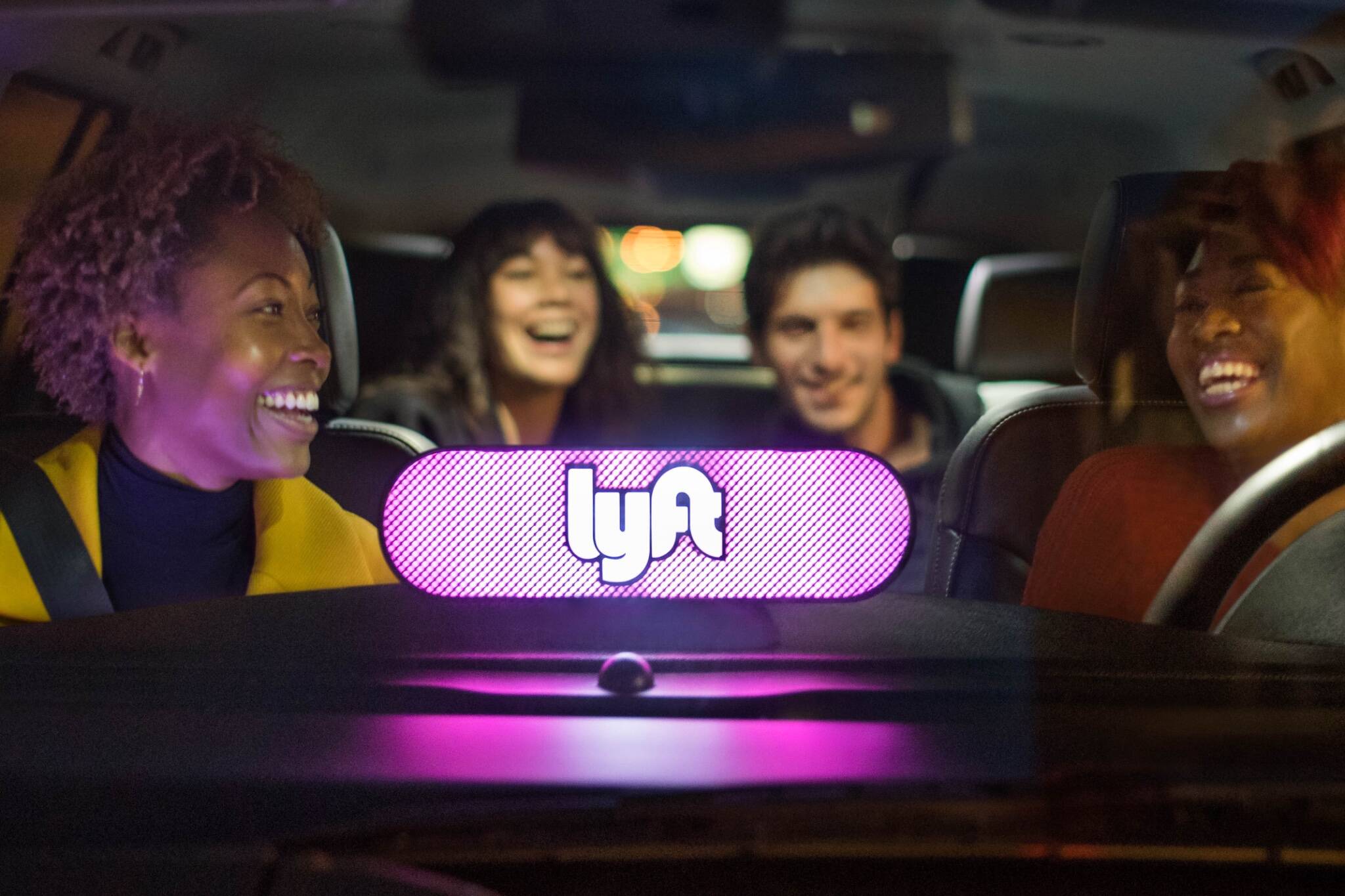
Uber and Lyft drivers must now take a city-approved training program to work in Toronto
Updated rules and regulations are now in place for "vehicle-for-hire" services like Uber and Lyft, as well as cabs and limousines.
The changes went into effect on Wednesday under the City of Toronto's Vehicle-for-Hire bylaw and are intended to improve the safety and accessibility of taxicabs and ride share services.
The key changes to the bylaw cover everything from the creation of an Accessibility Fund Program, additional data requirements and mandatory training for all drivers to an increase in the years of driving experience required for those behind the steering wheel.
Toronto's enhanced Vehicle-for-Hire Bylaw, now in effect, is intended to improve the safety & accessibility of taxicabs, limousines and vehicles of private transportation companies like Uber, Lyft & Facedrive. #CityofTO news release:https://t.co/O2A4f4mYvn
— City of Toronto (@cityoftoronto) January 2, 2020
The current minimum years of required driving experience for all drivers has increased from one year to three years, and drivers must now complete a city-approved training program that will cover topics including safe driving, driving in an urban environment, anti-racism and sensitivity.
Current drivers have until the end of 2020 to complete the training, while new drivers must complete the training by June 2020.
You have rules. Now you need a monitoring system. Ghost cars. Something to ensure they follow the rules of the road.
— Dwight Pearson (@SitteeDweller) January 2, 2020
Other changes require drivers to attach "Watch for Bike" notices to vehicles. Private Transportation Companies will need to attach these notices and send push notifications reminding passengers to look for cyclists before exiting a vehicle.
Toronto Uber/Lyft drivers are also required to attach “Watch for Bike” stickers & apps are to send notifications to passengers to watch for cyclists before exiting. @Uber_Canada notes to request the driver stops where there aren't bike lanes.https://t.co/eNwZW27u68#bikeTO https://t.co/Q7psVncMGP
— Cycle Toronto (@CycleToronto) January 2, 2020
Drivers will also need to securely mount all handheld devices to their vehicles.
A new Accessibility Fund Program will help offset the higher cost of providing wheelchair-accessible service.
The program will be funded through a regulatory charge on members of the industry not providing wheelchair-accessible service. Funds will be allocated to wheelchair-accessible taxicab owners and drivers based on service standards and other eligibility criteria.
If drivers have a camera in their vehicle being used to record passengers, they will now need to display notices in their vehicles and have the option to use their app to inform passengers of camera usage before they complete their request for a ride.
Additional data on trip records and collision reporting will be required from vehicle-for-hire and private transportation companies, and will be used for audit and compliance. Taxicab brokerages and private transportation companies will need to submit data to the city dating back to January 1, 2020.
Latest Videos
Latest Videos
Join the conversation Load comments







